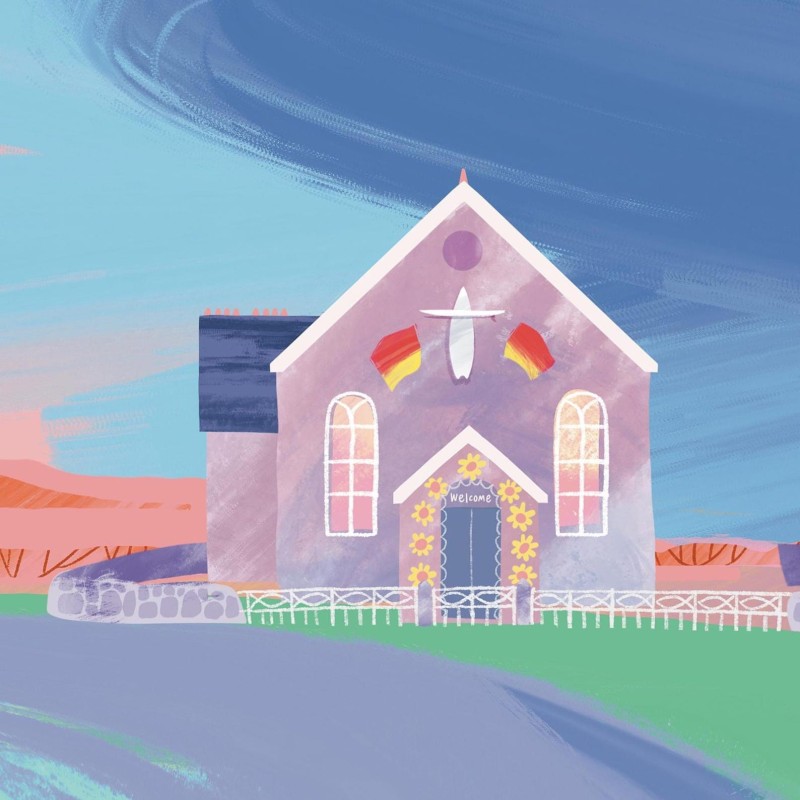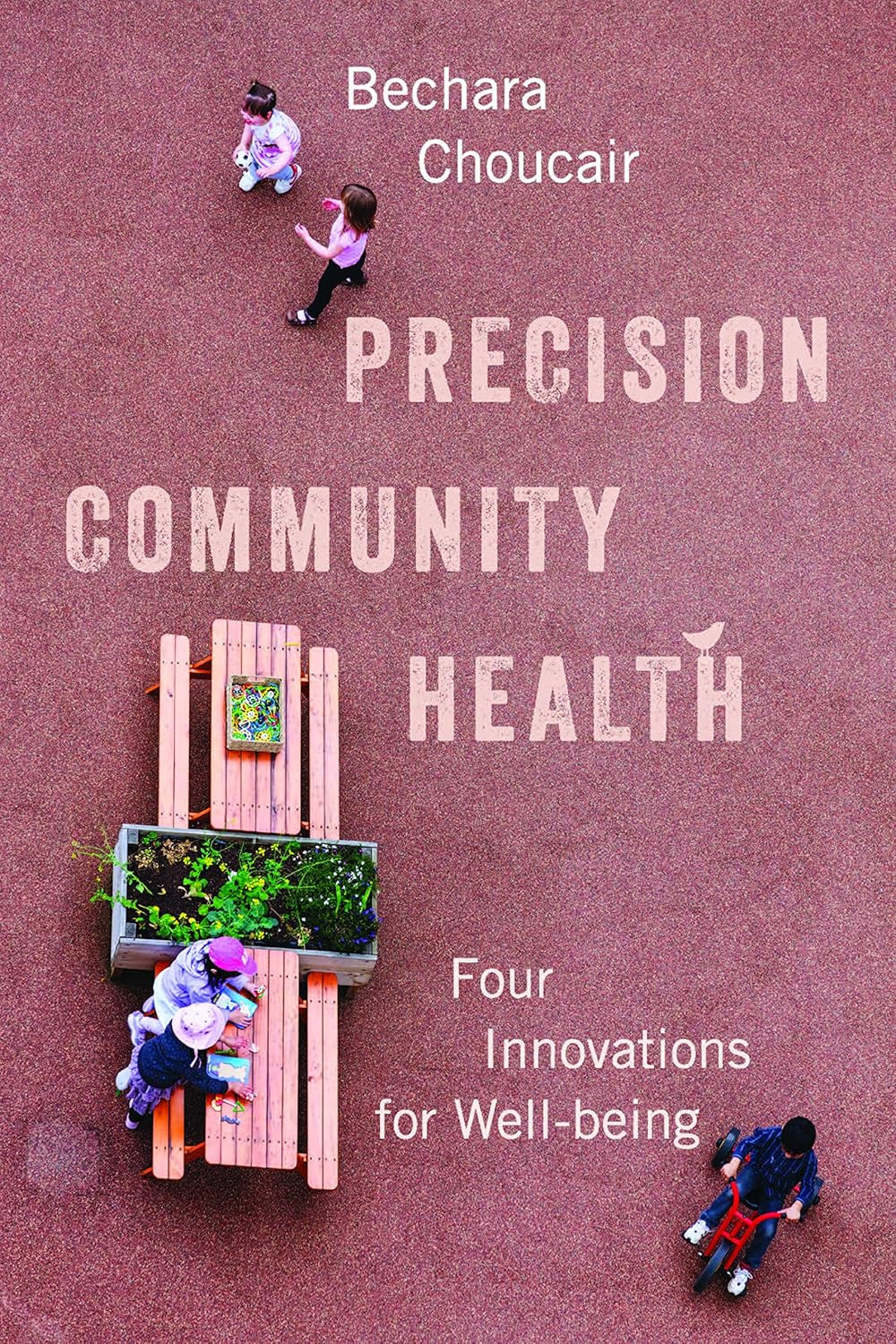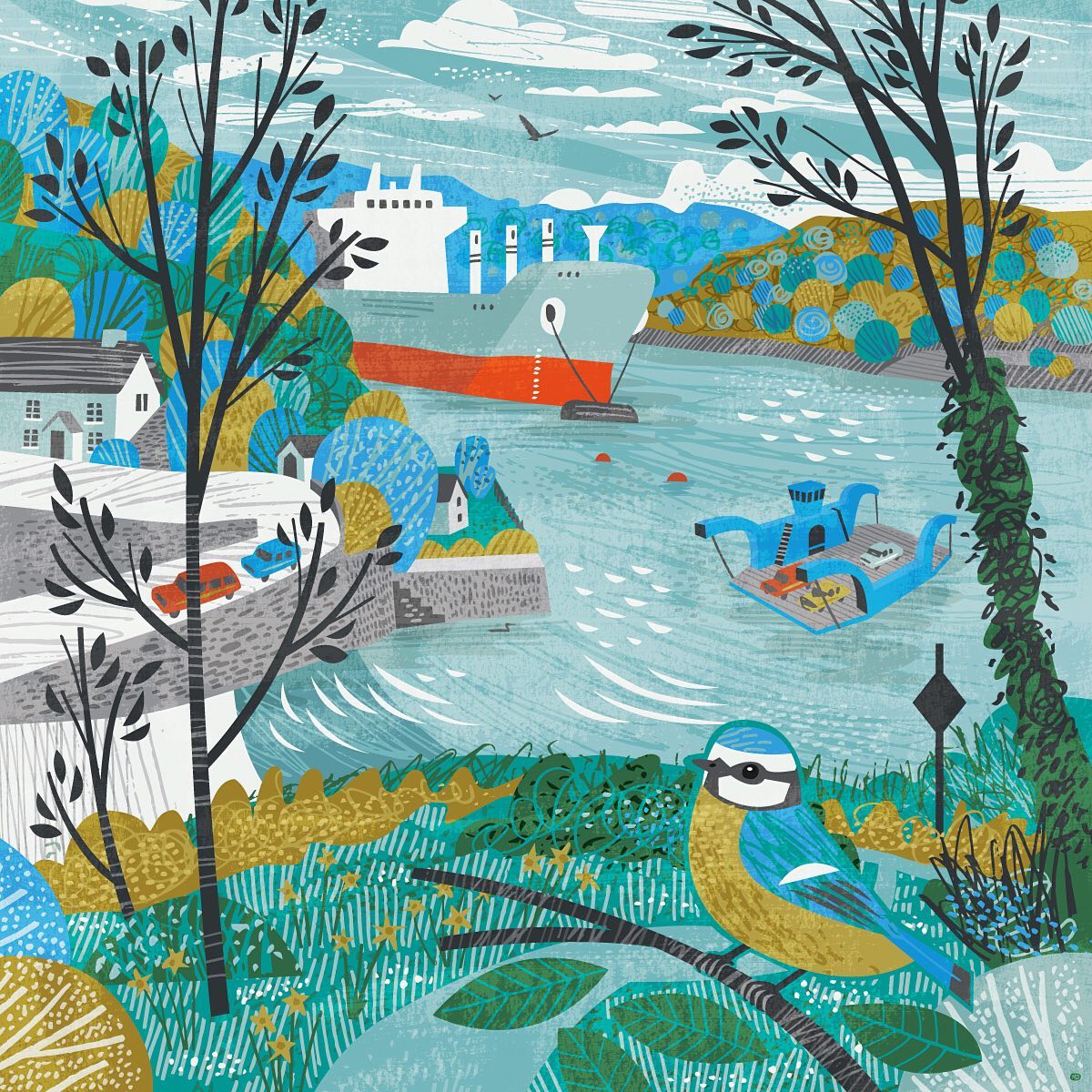Foreign Countries with No Armies: Peaceful Nations

It’s a colossal amount of money that England spends on the Armed Forces, Royal Navy, Royal Air Force and Trident (our nuclear deterrent). There are always arguments on why we need nuclear weapons etc. But what’s helpful is to look at countries that don’t have any armies. What makes us need them, when other places don’t?
Some countries worldwide have either never had or got rid of their armies, instead investing money in nature, education, people, healthcare and peaceful relations with other countries.
Costa Rica’s Bold Move to Peace

In 1948, Costa Rica came out of a short but bitter civil war. José Figueres Ferrer won power and abolished the army the same year, to keep the state focused on peace. Money once earmarked for soldiers, helped to build classrooms and health clinics, which led to fast gains in life expectancy and literacy. The country is now no.1 on the World Happiness Index with protected rainforests and a huge income from ecotourism.
This is an exemplary little country. We are the example for Latin America. In the next century, maybe everyone will be ike us. José Figueres Ferrer
José sounds an interesting character. He served three terms as president, and during the first term, also brought banking back to national ownership, granted women and Afro-Costa Ricans the right to vote, and also offered Costa Rican nationality to people of African descent.
After becoming a successful coffee farmer and rope maker, he described himself as a ‘farmer socialist’. He built housing and provided medical care for his workers, and established a community vegetable farm to provide free food. And if his workers could get better prices, he let them! He sounds a bit like our George Cadbury, the successful Quaker businessman who built his workers the pretty village of Bourneville, near Birmingham.
George was a strict teetotaller, and created drinking chocolate, to stop his workers drinking gin!
José’s son also went into politics and became President for a while, and now focuses on helping organisation to create a low-carbon economy, to save the planet and wildlife.
Iceland’s Path of Neutral Strength

Iceland became a republic in 1944 after centuries linked to Denmark. With a low population and a harsh surrounding sea, it needed no standing army. The The Icelandic Coast Guard and police handle protection at home.
This means money that would be used for armies, has instead been invested into geothermal energy that heats and lights homes and powers industry. It’s quite a well-off nation with one of the world’s best standards of living.
Andorra’s Timeless Neutrality

High in the Pyrenees, Andorra is one of the world’s smallest countries, sitting between France and Spain. It’s a principality (like Monaco, run by a king) but still quite diplomatic, which has kept the country out of wars for decades. Its border of steep mountains also helps to keep it safe. It also is one of the few countries on earth, with no airport.
Unlike in England with our public spats, Andorra is ruled by two princes who get on well. But neither are local, and neither are real princes! One is the Bishop of Urgell and the other is the President of France!
It’s a bit bonkers, as this means that one of their rulers is elected by voters in another country! And the other elected by the Pope in Rome! Having said that, many people think it odd that we are ruled over by a family that was never elected either!
Andorra also had a self-proclaimed ‘world king!’
Just like our previous Prime Minister Boris Johnson who proclaimed he would like to be ‘world king’ (and did not respect responsibilities that came with the job), Andorra had Boris I (King of Andorra), who was actually Russian swindler Boris Skyossyreff. Who in 1934 declared war on the Bishop of Urgell (one of Andorra’s co-princes).
However, the Bishop arrested him and threw him out of the country! He ended up serving 25 years in a Siberian camp, before being released and dying in his 90s.
Lessons to Learn from Army‑Free Nations

We all want world peace and animals safe from war. And looking at the countries above (all of which rank far higher in happiness indexes) would be a better idea, than always looking over the pond, to be inspired by USA politics.
Reinvesting earmarked defence funds would free up cash for the NHS, education and measures to reduce climate change (like free insulation of all older homes, which would also create thousands of skilled jobs). We could protect our forests, build affordable homes (on wasteland, not green land home to native wildlife).
We could invest in measures to prevent floods and wildlife, create a state-funded RSPCA, employ wildlife experts to save our endangered species, fund litter clean-ups, build walkable communities and cycle paths that linked towns, save independent shops, clear the national debt and keep communities safe.
Instead, all this money goes to fund big white elephants like Trident, because people still seem to think we are an empire that needs to get involved in wars all the time.
Nuclear systems come with waste and accident risks that last for generations. Instead, we could be like Costa Rica, and invest in people instead.
How Much is UK Defence Spending?
In 2025, the UK defence budget was projected to be almost £60 billion, almost 3% of GDP. Of course we need to keep safe, but usually selling arms to dodgy regimes and keeping Trident means we spend a colossal amount of funds that could be directed elsewhere. Why does the UK need Trident, but Austria and New Zealand (both 100% nuclear-free) don’t?
Running Trident costs around £3 billion a year, and replacing it will cost at least £205 billion, according to calculations by CND. This money by contrast could be pay for:
- Building new hospitals and funding more nurses. It costs around £100 billion to pay for 180 state-of-the-art hospitals or 1.5 million affordable homes (not on wildlife-rich land).
- Reducing NHS backlogs, by funding more doctors
- Building sustainable affordable homes and ending homelessness
- Building new schools and increasing teacher salaries
- Training young people in new skills
- Investing in better cleaner energy
The jobs lost by reducing the size of the Army and Navy could be go into new skills for renewable energy, insulating homes and other well-paid jobs to reduce bills for people nationwide, and help to stop climate change. Many also have skills to reduce terrorism and cyber-hacking.






